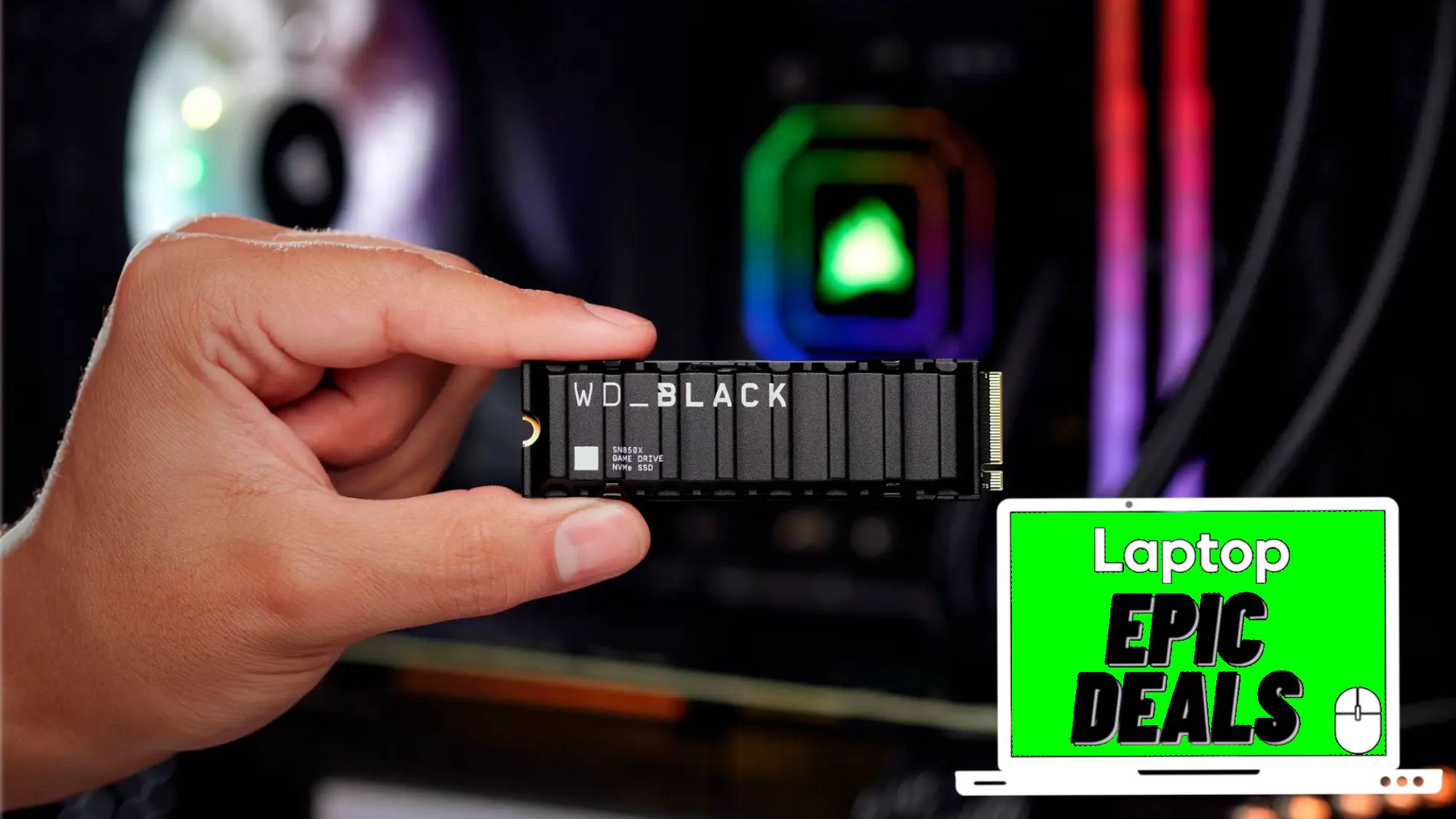Does Google have a trust problem?
Are you willing to roll the dice on investing in a full Pixel ecosystem?
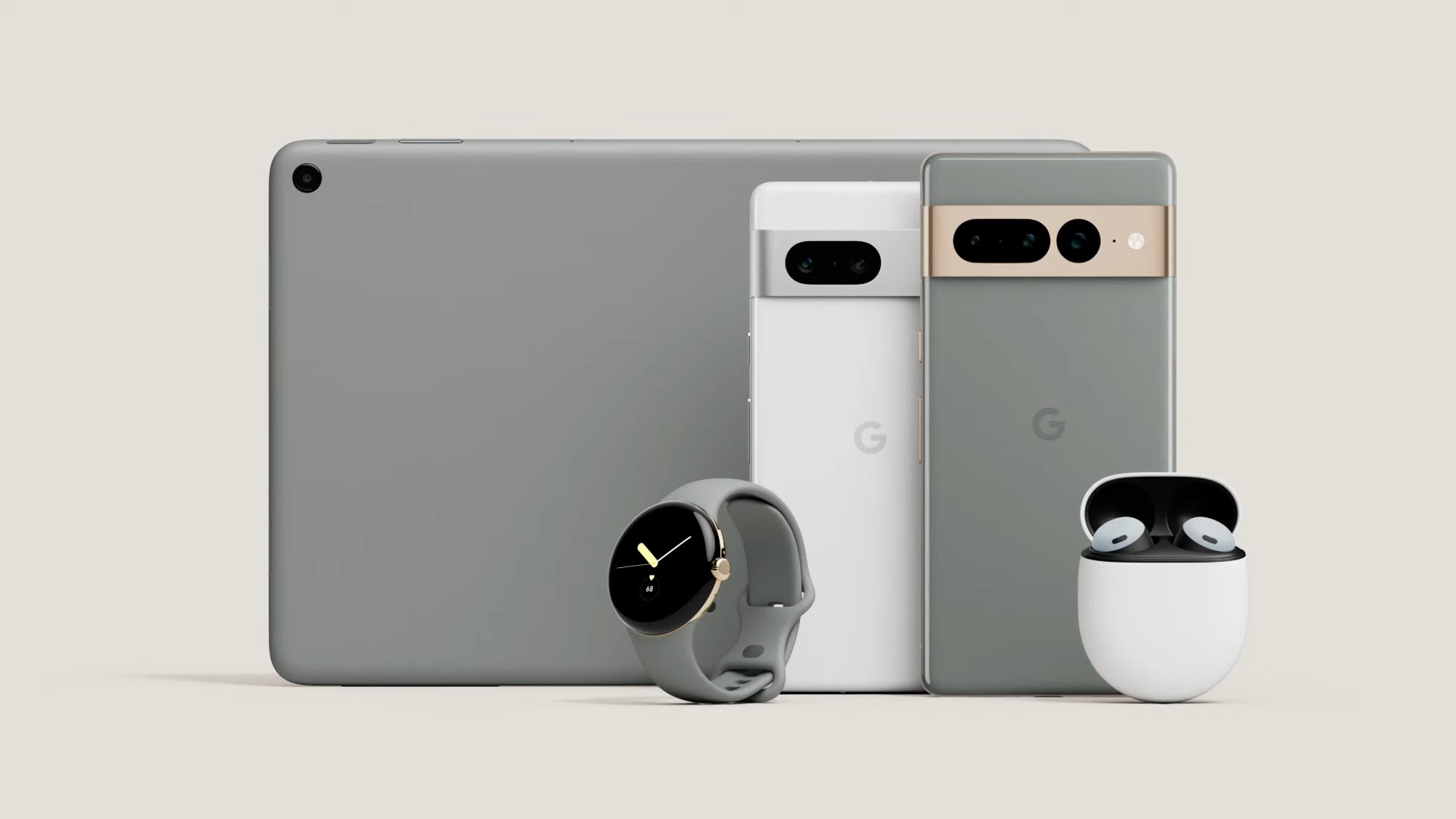
Given that you probably clicked on this article thinking I could be referring to one of a handful of different trust problems for Google it seems that the answer is almost certainly yes. However, I’m not talking about concerns over Google looking at or selling your data or anti-trust problems with the government. Today I’m sticking to one specific potential trust problem for Google that reared its head again recently and may hang heavily over some of Google’s announcements from this week’s Made by Google October event.
I’m referring to Google’s shutdown of Stadia, the company’s cloud game streaming service that is going dark in January after roughly three years. While I don’t think anyone that was a Stadia subscriber or even a casual observer of the platform could suggest that they were shocked by the announcement, it did catch some off-guard. In the days and even hours before the announcement, there were promotional materials for upcoming game releases on the platform being sent out and Google clearly didn’t get the memo out company-wide as press materials featuring Stadia went out this week with some of the new Nest product announcements.
This isn’t a Stadia retrospective though, Stadia is merely the latest in a long line of products and services killed by Google. The very fact that a dedicated site exists for everything the search giant has canceled or shut down is probably enough of a sign that there is a problem.
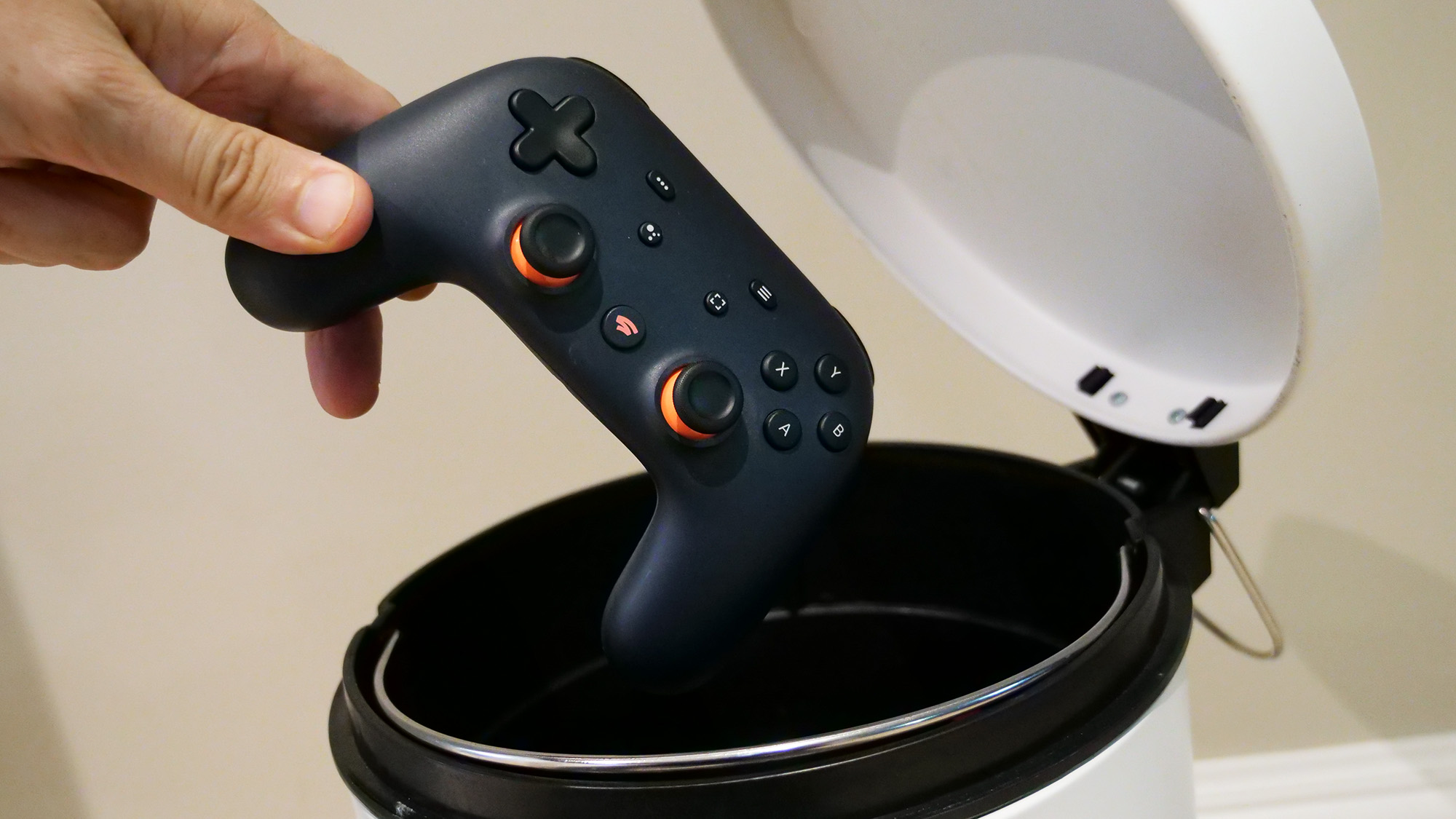
Welcome to the Google graveyard
Now to some degree, this is part of Google’s DNA, the company throws everything at the wall and sees what sticks. However, while a “fail fast” mentality is to be expected with a small startup, it isn’t something you anticipate from one of the most valuable companies in the world. It’s bad enough to cancel software or services like the Google Inbox mail client or Google Reader, but killing hardware and ending support for it leaves an even worse taste in users’ mouths. A quick check of the Google graveyard reveals 253 apps and services and 21 hardware products shelved by the company. I’d argue that it should be 22 hardware products as Killed by Google doesn’t count Stadia. While the cloud gaming platform is the more important piece, the dedicated Stadia controller will be unusable wirelessly once the service is shut off.
While 22 over the course of Google’s roughly 20 years of offering any type of hardware may not sound too bad, the vast majority of these came in the last decade, meaning Google is killing roughly two hardware products a year. Most of them were 2-4 years old when Google pulled the plug. Some of these were big swings like Google Glass that aren’t hard to understand why they were abandoned, but others just feel like Google released the product and then gave up on it like the Google Clips camera, Google Daydream VR and yet another pair of smart glasses with Focals by North.
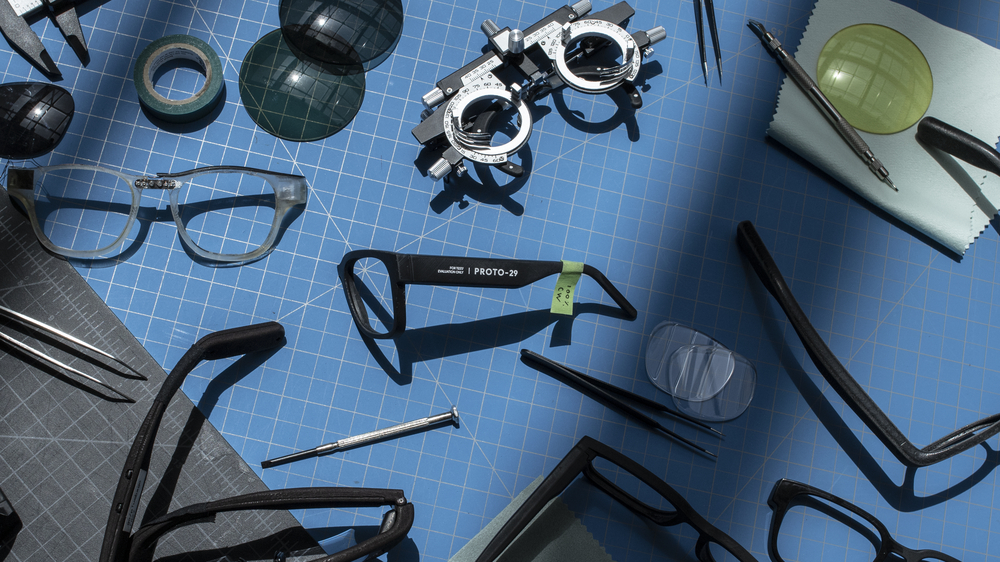
As we are Laptop Mag I will also toss in that Google has a habit of just giving up on its laptops and pivoting to something slightly different. The Chromebook Pixel gave way to the Pixelbook and Pixelbook Go. Both were released in 2019 and while they can’t officially be added to the Google graveyard yet, it seems inevitable.
Other companies are certainly guilty of this as well, but no one comes even close to Google’s volume and what you will more often see is a product killed before it actually launches. See Samsung’s Galaxy Home speakers or Apple’s AirPower wireless charger.
Stay in the know with Laptop Mag
Get our in-depth reviews, helpful tips, great deals, and the biggest news stories delivered to your inbox.
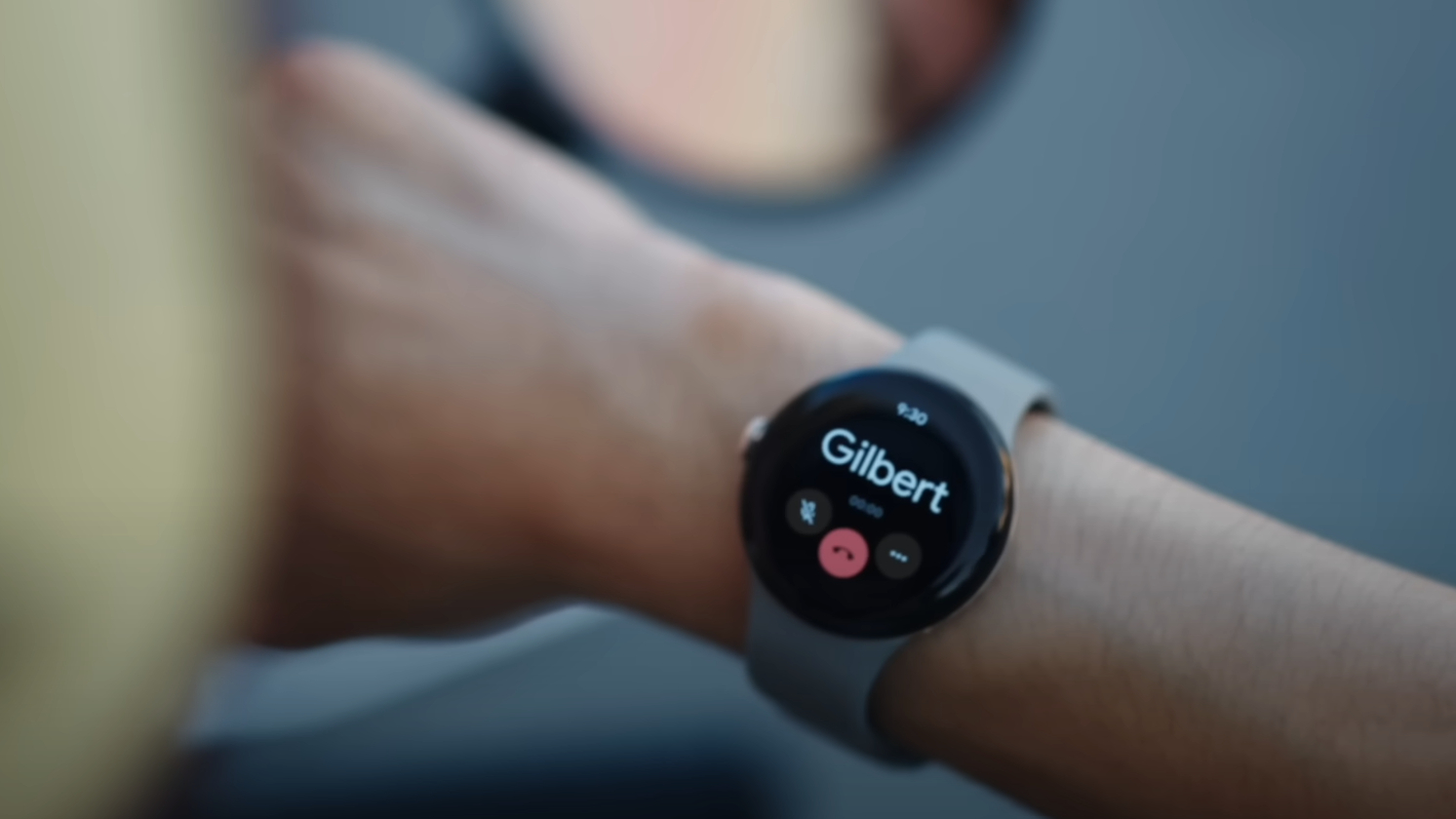
Which products are next?
This takes us to this week’s Google announcements. Don’t worry Pixel phone fans, I think you are on solid ground. According to Google, the Pixel 6a was the fastest-selling Pixel ever and as we arrive at the Pixel 7 we have made it outside of the typical danger zone for Google products. However, investing in a Pixel Watch or sometime next year the Pixel Tablet may give you pause.
While Google has kept Wear OS going over the years it has certainly taken some big steps back from it at times. It kicked off a new era of Wear OS with Samsung last year and its ownership of Fitbit should certainly motivate it to take a more active hand in the wearables market, but the track record isn’t great.
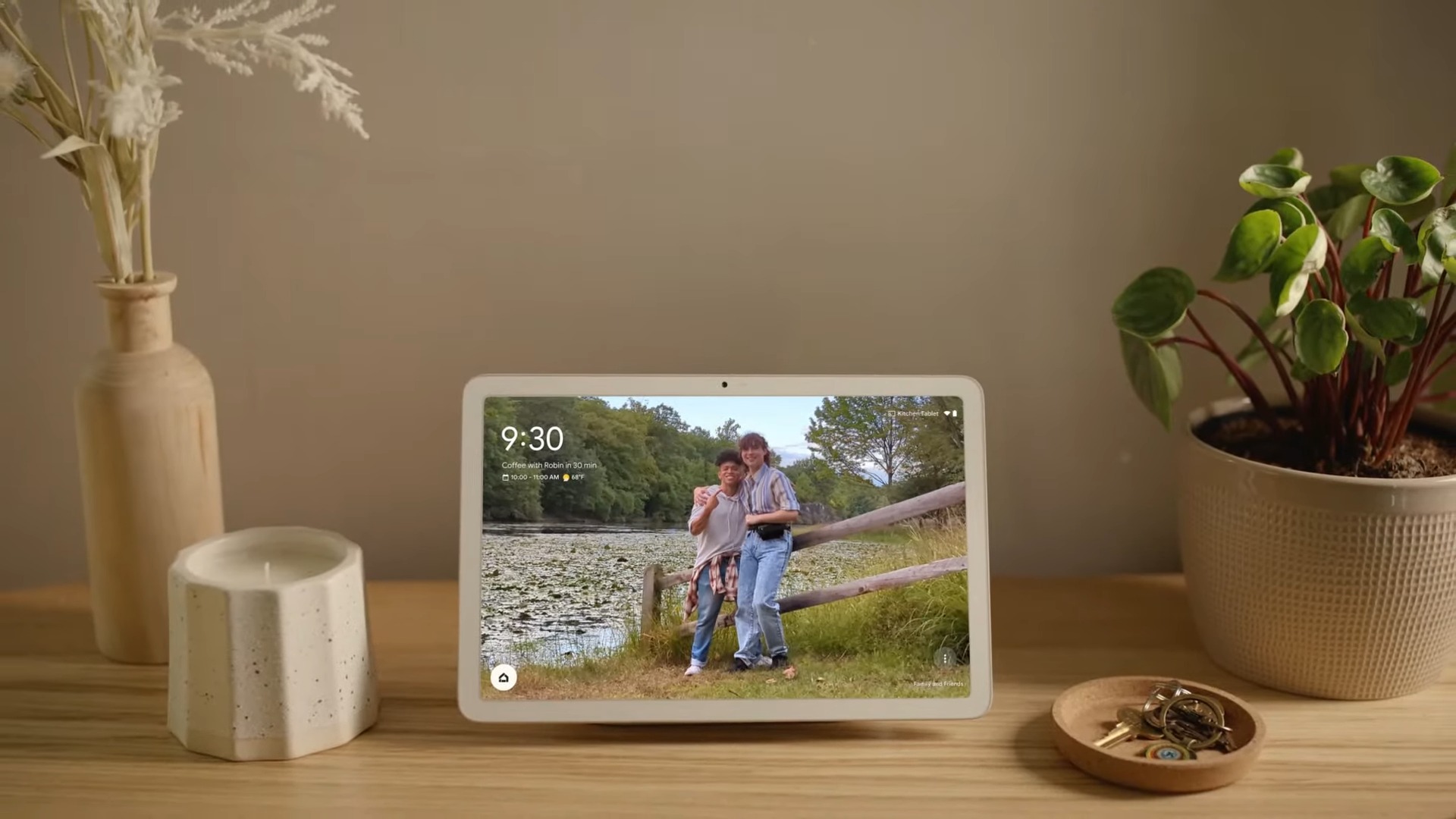
The same can be said for Google’s handling of tablets. Until very recently it had been years since Google had paid any meaningful attention to Android on tablets. Android 12L finally marked some positive momentum for Android tablets and Google’s announcement that it would be returning to the tablet market with a Pixel Tablet served as further encouragement. Returning to the tablet market? In case you forgot, Google did once have its own line of tablets, the Nexus 7 was by far the most popular and was very positively reviewed. So naturally, Google killed it.
We don’t know the pricing on the Pixel Tablet just yet, but the Pixel Watch comes in at $349-$399. That’s competitive with the Apple Watch Series 8, but looking at the more relevant Android-compatible competition the Galaxy Watch 5 starts at $279 and the Fitbit Versa 4 and Sense 2 come in at $229 and $299, respectively. Given everything I’ve covered above it is hard to have faith that Google will stick with this if the Pixel Watch gets off to a rocky start with its sales and Google’s lack of a track record in wearables and relatively high price point a slow start seems almost inevitable.
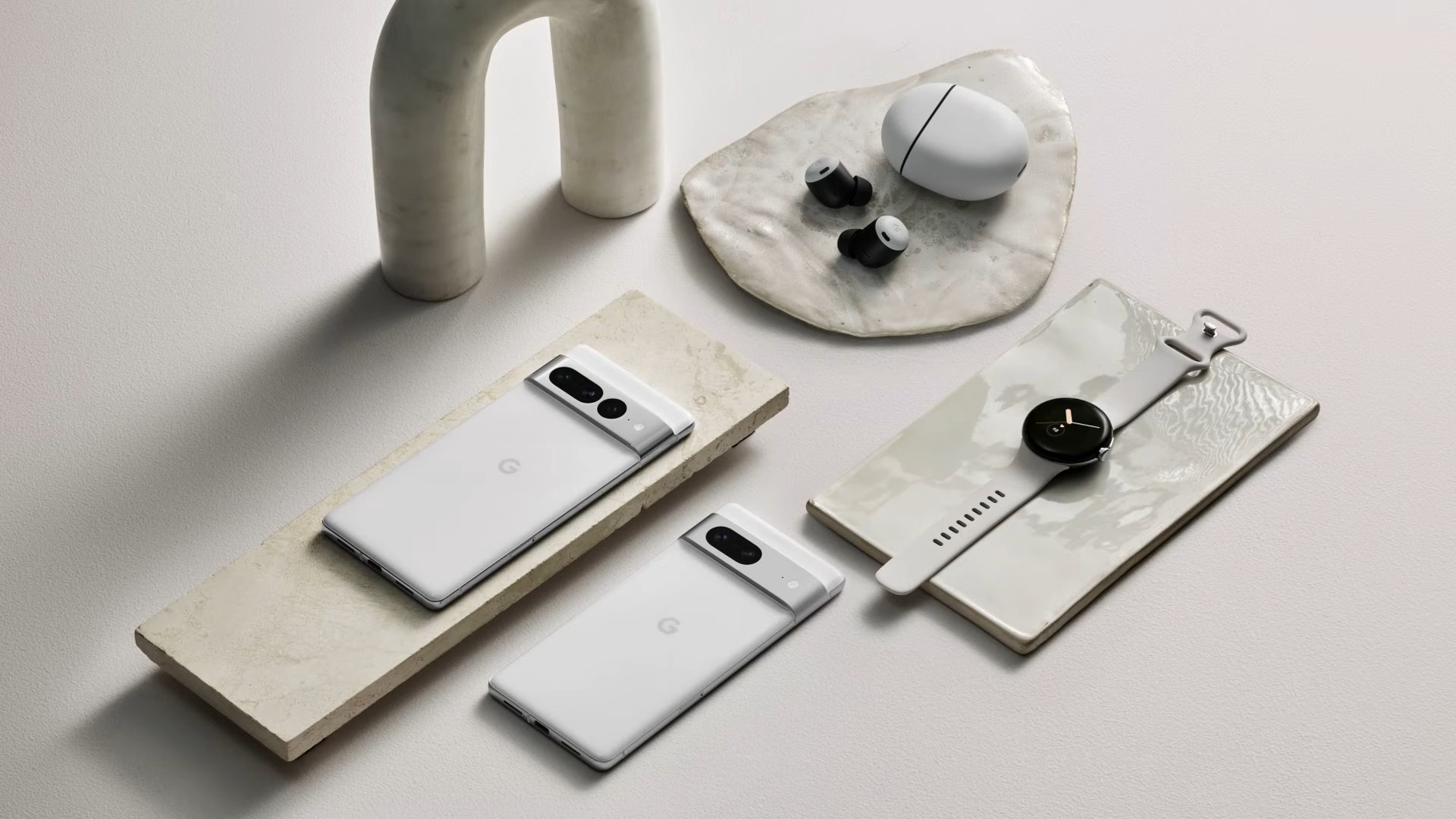
Outlook
While I may have just painted a pretty bleak picture, I’ll end things on a less dystopian note. I’m not claiming that Google is done filling up its product graveyard, I think there is reason for hope with these products specifically. Google’s somewhat unprecedented pre-announcement of its Pixel product lineup for the next year at Google I/O 2022 made it clear that the company recognizes the importance of having a full ecosystem of products. While many individual Apple products are good — great even — users benefit the most when they are fully bought into the Apple ecosystem with a phone, watch, headphones, etc.
Whether Google is doing it to model good behavior for the rest of the Android manufacturers or it believes it can actually grab meaningful market share is still a bit unclear, but repeatedly throughout the Made By Google event you saw the entire Pixel ecosystem on a slide. If the ecosystem itself is a product then canceling any one piece of it is going to bring the whole thing down. With that in mind, even a rocky start for Pixel Watch or Pixel Tablet should be something that Google is willing to weather for the sake of the ecosystem as a whole.
Now where’s that Pixel Chromebook?
Sean Riley has been covering tech professionally for over a decade now. Most of that time was as a freelancer covering varied topics including phones, wearables, tablets, smart home devices, laptops, AR, VR, mobile payments, fintech, and more. Sean is the resident mobile expert at Laptop Mag, specializing in phones and wearables, you'll find plenty of news, reviews, how-to, and opinion pieces on these subjects from him here. But Laptop Mag has also proven a perfect fit for that broad range of interests with reviews and news on the latest laptops, VR games, and computer accessories along with coverage on everything from NFTs to cybersecurity and more.

